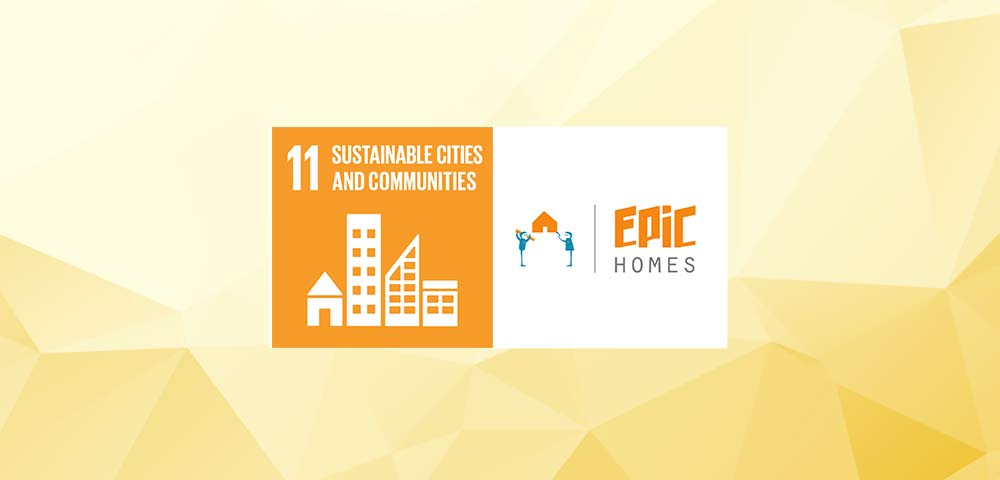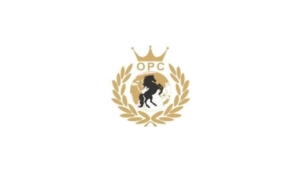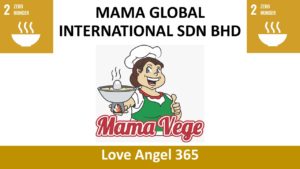EPIC stands for “Extraordinary People Impacting Communities.” Our aim is to make collaborative social impact accessible for all by creating opportunities for people to serve. EPIC Homes was established in 2010, focusing on providing homes for underprivileged Malaysians, we are currently working with Malaysia’s indigenous population, the Orang Asli.
EPIC’s focuses on a cross-sectoral and inclusive approach, where volunteers and targeted communities lead and organise projects together. The projects bring together the public and private sector and government to form the ecosystem that supports one another. Over 50 organisations have helped to deliver this project due to our social enterprise model of targeting corporates’ involvement, where groups assist in facilitating home-owner’s build while undergoing an immersive team-building experience.
We raise funds through crowdfunding and private corporations that want to sponsor homes as part of their corporate social responsibility or team building activity. We have worked with companies such as Prudence Foundation, General Electric Inc (Malaysia), Tetrapak, PEMANDU, the Ministry of Youth & Sports Malaysia, ARUP, Gamuda, Energizer, and the Real Estate &Housing Developer’s Association amongst others.
Project Title:
Epic Homes
EPIC was established in 2010, where we began our journey with our flagship projects EPIC Homes, a movement that seeks to build relationships between the urban and rural divide through the activity of building homes for underprivileged communities. EPIC Homes is focused on providing homes for underprivileged Malaysians, we are currently working with Malaysia’s indigenous population, the Orang Asli. EPIC Homes main objective is to build relationships through the act of building homes. Relationships is so important because it enables us to increase trust with one another. By understanding each other better, we can ask better questions. By building trust, the Orang Asli can exchange information that increases the ability to develop with more precise solutions for different needs.
Homes become a starting point to building cooperative resilient and sustainable communities based on an interdependent support network that integrates different societies together. At the end of the day there are many challenges, and we aim to bring in different stakeholders and partners to address different challenges using our methodology, which focuses on understanding the needs of the community, building long-lasting relationships with them and developing a support system to decentralise aid and empower communities. So far, we have built 117 homes in more than 10 villages, mobilising more than 5000 volunteers.
What impact has this project created in the community/nation?
The rural communities we work with have shown increased trust amongst each other. The communities have grown to be more communal by helping the different families around them, empowered to take charge of their village and looking at ways to enhance their living quality and livelihoods. The bond between the urban volunteers and rural communities have also been strengthened as many of our volunteers return to the village and work with the families they built with on their needs. Finally, we have also noticed organisations looking to help the communities beyond the home and return to communities to assist them in providing micro solutions.
How has this project helped to advance the chosen SDG?
Through the EPIC Homes initiative, we look to connect the urban and rural communities and build a sustainable nation in which the different communities collaborate and understand each other. Through the understanding of different communities, we would be able to emphasize one another and move forward by creating one large united community that cooperates internally, learn various skills and empower one another to create a sustainable community that practices inclusivity, ultimately creating sustainable communities and cities.
The tagline for United Nations Sustainable Development Goals (UNSDGs) is “Leaving No One Behind.” explain how your project helps to realize the commitment of UNSDGs for the future.
The community is facilitated establish a priority list for their village, also prepare the building site and prior build coordination and communication. Home-owners commit to the “Pay It Forward” programme, where they build their own home together with the participants and build for their neighbours. Residents have been hired contractually for builds, from concrete casting to leading other home-owners and teams in different villages and other build opportunities, including their own economic initiatives such as traditional craft workshops by incorporating them into projects when available. From here, we encourage small groups of volunteers to
replicate the model to build further relationships and continue asset mapping to empower local champions, develop support networks both internally and externally, and develop a commitment of local resources from the residents. We believe the framework we are creating is replicable regardless of the location and can be used on an international scale. It focuses on establishing an integrated society via cooperation and interdependence.




